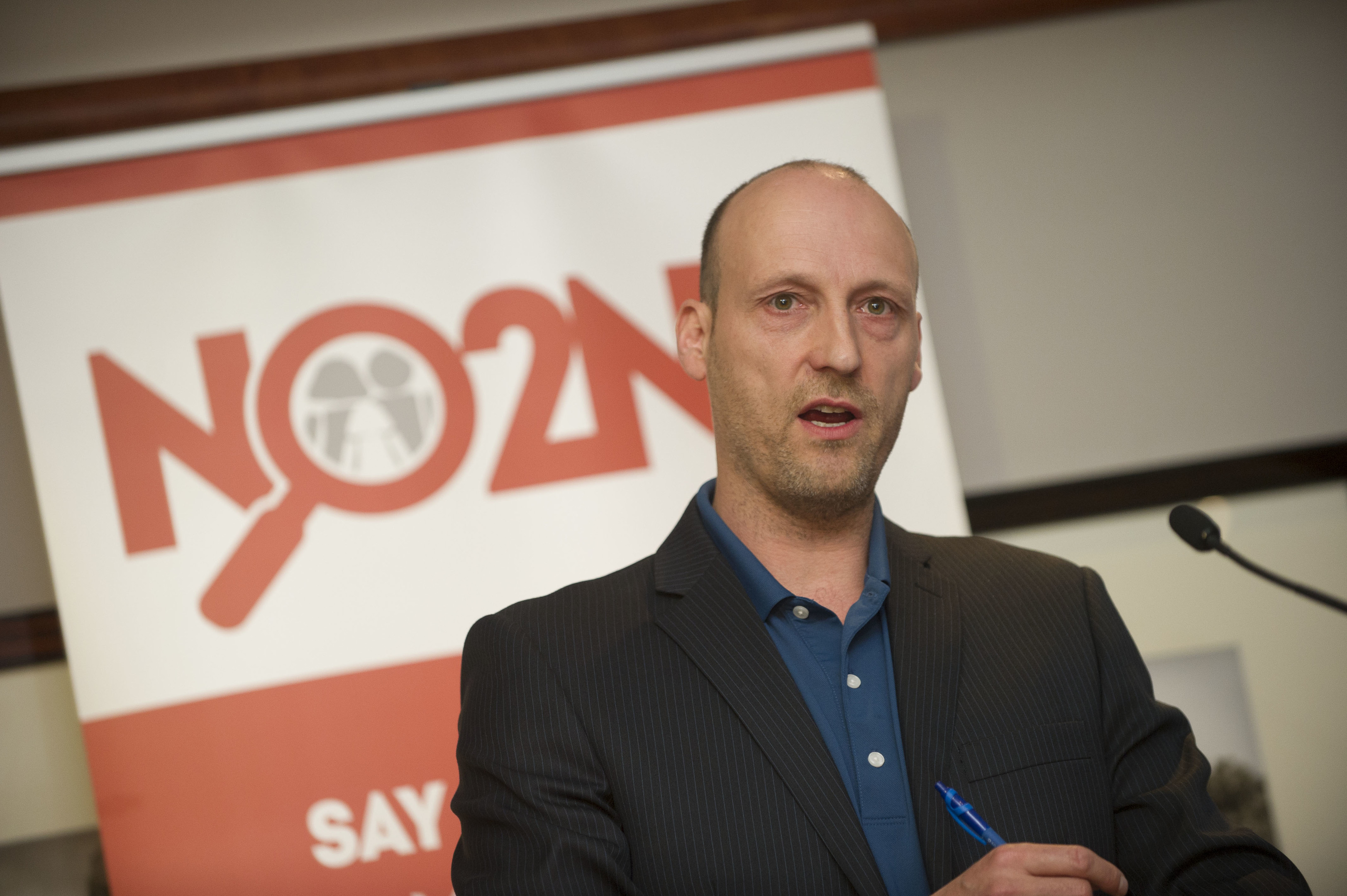Campaigners opposing the Scottish government’s controversial Named Person legislation will stage a major event in Dundee this month.
Chaired by Abertay University sociology lecturer Dr Stuart Waiton, the event will see three high-profile opponents of the proposed legislation discuss their concerns.
Although passed by the Scottish Government in 2014, the Supreme Court ruled the law, which makes it a legal requirement for children to have an appointed “named person” from birth, breached rights to privacy and family life.
The Scottish Government has said it will provide greater clarity about information-sharing and is working on the necessary legislative amendments to ensure the revised law complies with the Supreme Court’s ruling.
Dr Waiton said: “It is now unclear what will happen to the Named Person but there continues to be a vigorous campaign against it being introduced, in any form.
“Few would disagree that the state must act to prevent or stop child abuse and neglect. But is it just a case of finding the right balance, or has the contemporary state – exemplified by the Scottish government and the ‘named person’ – fundamentally overstepped the boundary and lost sight of the importance of the private sphere?”
Speakers will include independent social worker and former director of Children 1st Maggie Mellon and former community paediatrician Dr Jenny Cunningham.
Ms Mellon said: “I think that the major concern is that the practice of recording and sharing information about children and their families without consent is continuing despite the Supreme Court ruling.
“The imposition of Named Person on parents and children was almost inevitably going to lead to this kind of abuse of people’s right to confidentiality.
“That is because it assumes that any Named Person knows better than a parent what is best for their child.
“We know that secret child well-being concern meetings of professionals take place to make major decisions without even consulting the parents.
“Child wellbeing concerns are not child protection concerns, and even if they were, parents should be made aware and allowed to contribute to discussions,.
“Further, even if the information sharing part of the act is removed, we still have an act that encourages professionals to make assessments and decisions without even letting parents know. there is absolutely no duty to consult parents or children in the Act and while this was not a matter that the Supreme Court ruled on, it flies in the face of what we know about the best ways to work with people.”
She added: “We know that information follows children through into their adult lives and can be used to discriminate and stigmatise people excluding them from jobs and other opportunities, and leaving them open to exposure of confidential and even completely wrong information from their childhood.”
The talk will take place at Dundee University’s Dalhousie Building on January 30 at 6pm. It is open to all.
